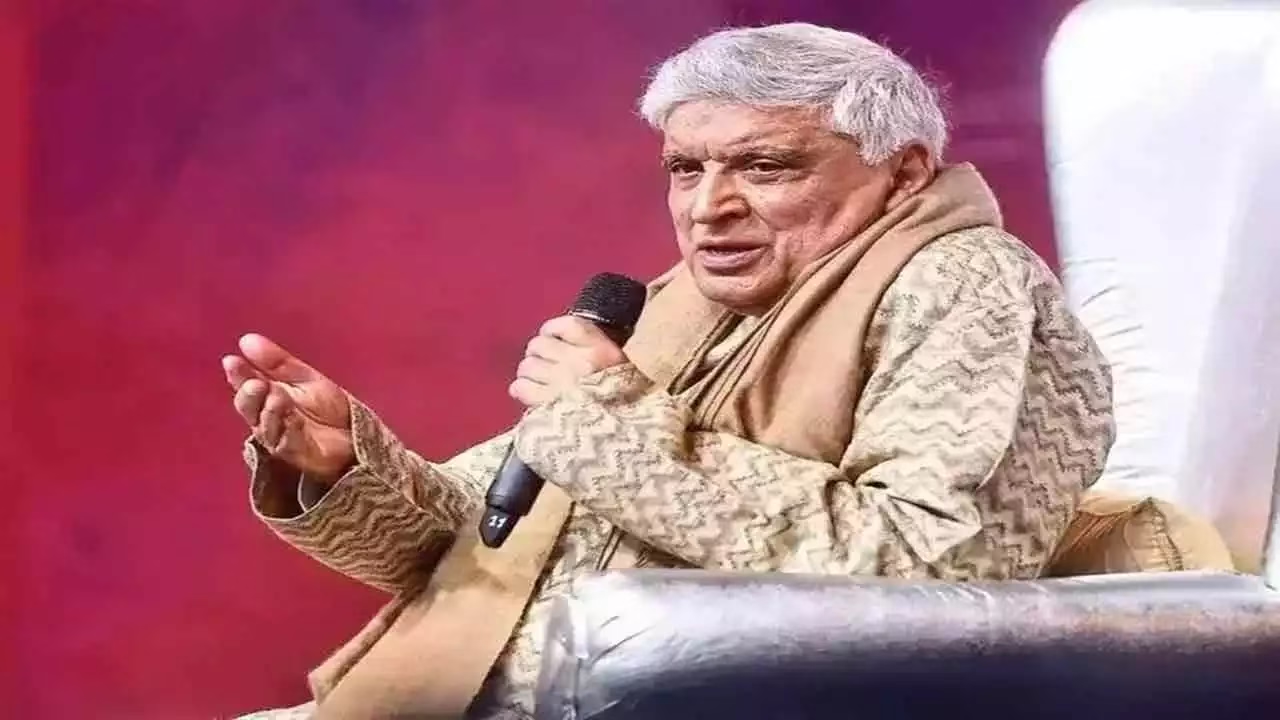In a recent interview on Geo News’ program with Shahzeb Khanzada, Jamiat Ulema-e-Islam (JUI) leader Senator Kamran Murtaza emphasized the need for one of the top three judges, including the Chief Justice of Pakistan, to head the Constitutional Court. Senator Murtaza’s remarks come amid discussions on judicial reforms, filling judicial vacancies, and the ongoing discourse around legislative amendments.
Chief Justice or Senior Judge to Lead the Constitutional Court
Senator Kamran Murtaza’s main proposal was that a senior judge, preferably the Chief Justice or one of the top three judges of the Supreme Court, should head the Constitutional Court. According to Murtaza, appointing a senior judge to this role would ensure that the court operates with credibility and authority, handling constitutional matters with the experience and respect necessary. Murtaza pointed out that, in the absence of such leadership, the judiciary may lose some of its standing and effectiveness in upholding the country’s constitution.
He further added that, if the government did not support this proposal, they could nominate one of their MNAs (Members of National Assembly) or senators for the role. However, Murtaza expressed doubt about this approach, as he believes that the judiciary’s independence could be compromised if politically affiliated individuals hold such critical judicial responsibilities.
Concerns Over Judicial Benches and High Court Vacancies
Murtaza also addressed the potential issue of forming benches within the Supreme Court. According to him, if these benches are set up in response to external interventions, the Supreme Court’s operations could be disrupted, impacting its ability to function independently and efficiently. He underscored the importance of maintaining an impartial judiciary, where bench formations are based on merit and judicial requirements rather than external pressures.
Moreover, he highlighted the urgent need to address vacancies within the High Courts, which, in his opinion, should be prioritized. Once these vacancies are filled, Murtaza suggested that the legislative framework could be adapted to increase the number of judges in the Supreme Court if required. This proposal reflects his commitment to ensuring that the judiciary is well-staffed and able to meet the demands of an increasingly complex legal landscape in Pakistan.
Addressing PTI’s Criticism Over the 26th Amendment
Senator Kamran Murtaza also responded to recent statements made by Pakistan Tehreek-e-Insaf (PTI) founder, who labeled supporters of the 26th amendment as “traitors.” The 26th amendment, which has been a topic of significant political debate, received criticism from PTI leaders, who believe that it goes against their vision for governance and legislative change.
Murtaza clarified that JUI’s stance on the amendment was consistent with PTI’s requirements until the final stages. Despite differing political ideologies, JUI extended its support to PTI’s demands regarding the amendment, underscoring a sense of unity and collaboration in the legislative process. Senator Murtaza emphasized that his vote for the amendment stemmed from the government’s strong majority support and the backing it had received from numerous other members, who also aligned with the government’s stance on this matter.
The Importance of Judicial Independence and Collaborative Legislation
Senator Murtaza’s remarks shed light on the importance of maintaining a balance between political and judicial independence. He emphasized that, while collaboration in legislation is essential for addressing the country’s pressing needs, it should not interfere with judicial autonomy. His proposal to strengthen the judiciary by filling existing vacancies and potentially expanding the Supreme Court shows a forward-looking approach to ensure that Pakistan’s judiciary is equipped to handle an evolving legal environment.
At the same time, Murtaza’s critique of political interference in bench formations reflects his commitment to preserving the sanctity and impartiality of the judiciary. His call for a Chief Justice or senior judge to lead the Constitutional Court reflects his belief in the judiciary’s leadership capabilities and the need for experienced individuals at the helm.
Moving Forward: Judicial and Legislative Synergy
The recent remarks by Senator Kamran Murtaza offer valuable insight into the ongoing dialogue surrounding judicial reforms and the importance of a collaborative approach to legislation. By prioritizing judicial appointments and respecting judicial autonomy, Murtaza argues that Pakistan can strengthen its legal institutions and promote fairness in its judicial processes. Additionally, the proposal to appoint the Chief Justice or a senior judge as head of the Constitutional Court reflects a desire for stability, continuity, and trust in the judicial leadership.
As Pakistan navigates its complex political landscape, the judiciary’s role remains paramount in upholding constitutional values and ensuring that legislation aligns with democratic principles. Murtaza’s balanced approach, combining support for governmental legislation with advocacy for judicial independence, highlights the need for thoughtful dialogue between political and judicial leaders in Pakistan.



